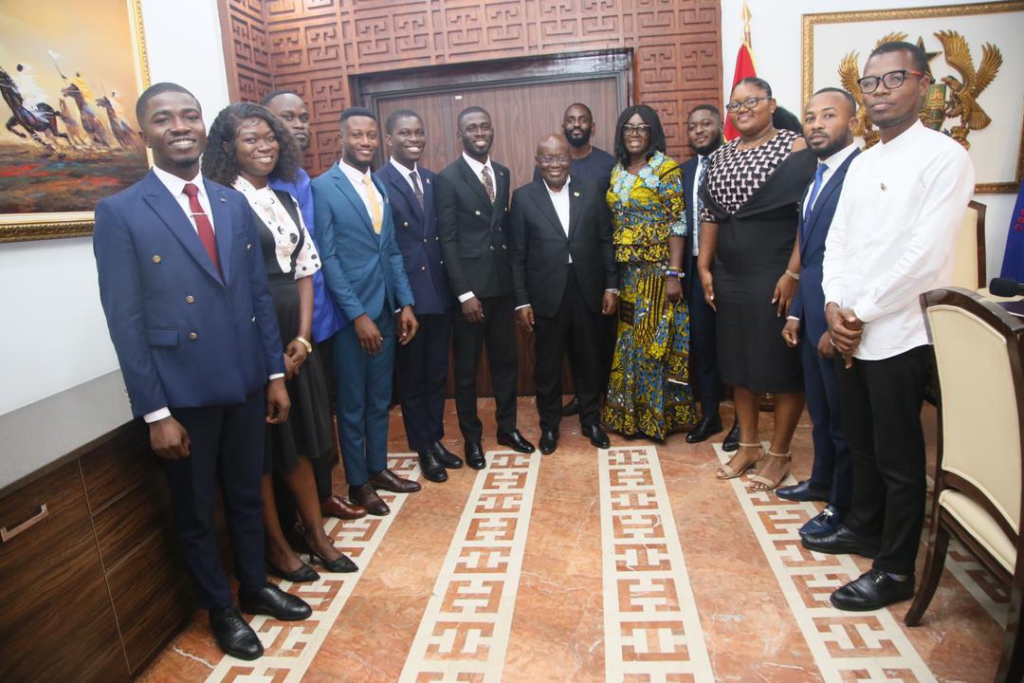President Nana Akufo-Addo says he is open to a broader conversation on access to education, especially the Free Senior High School (FSHS) policy.
The conversation, according to him, must look at funding, availability of money, access and other ingredients that must work for the good of the Ghanaian.

“One of the things people have been calling for is the review of Free SHS, I think we should have a broader conversation about the incidence of education on our national development,” he said.
According to him, although there are powerful people who are against the Free SHS, he shares a different view on the programme which is that it is for the public good.
He added that the benefits of the Free SHS programme are ‘obvious’ in the country.
Addressing the leadership of the National Union of Ghana Students (NUGS), the President said the Education Ministry is seriously looking at the issues to inform a policy direction going forward.
Prior to this, there have been several calls for the government to have the policy reviewed. According to some of the advocates, the policy is producing quantity and not quality graduates.
But President Akufo-Addo, speaking at the 10th-anniversary grand durbar of the University of Health and Allied Sciences in the Volta Region, stressed that the free Senior High School policy would not be cancelled despite the current economic crisis in the country.

He said that the ravaging effects of the COVID-19 pandemic and the Ukraine invasion on the world economy would not deter the government from providing free quality education at the basic and secondary school levels.
Meanwhile, the President of NUGS, Dennis Appiah Larbi, says the policy is good as, “it creates a huge appeal and enthusiasm amongst people who want to go to tertiary institutions.
“We as a student front are proposing that if it is possible, develop a sustainable means of financing the no guarantor system such that it should be able to help a least 150,000 people in a year,” he added.
Mr Larbi also appealed to the government to urgently address challenges with the school feeding programme, non-payment of nurses’ allowance and the loan guarantor system introduced by the government.

